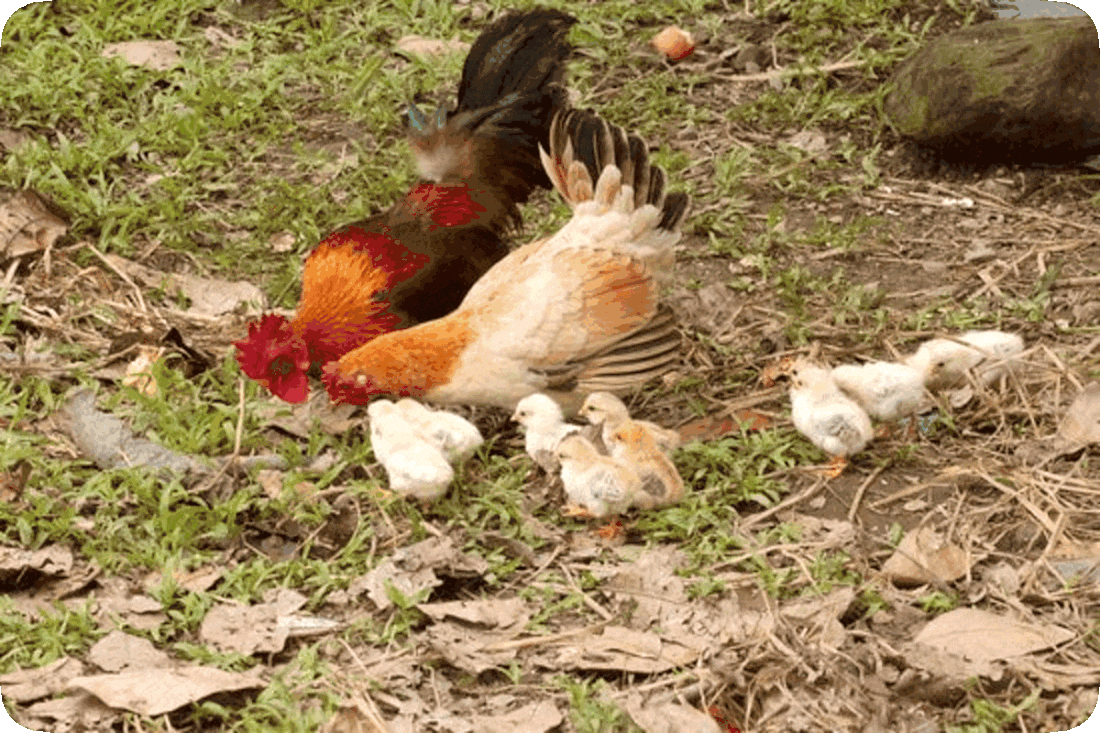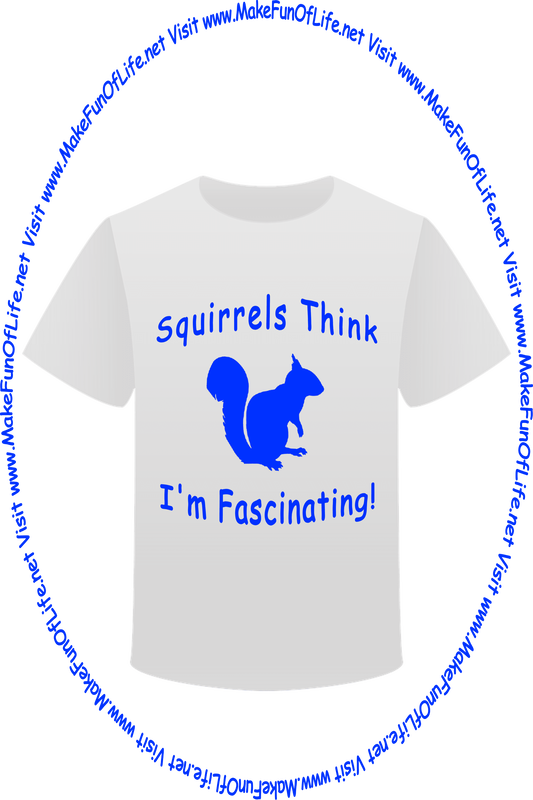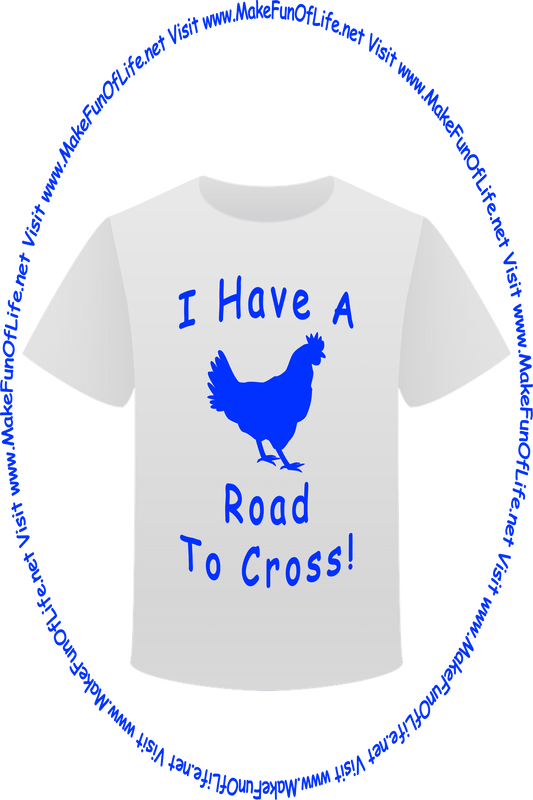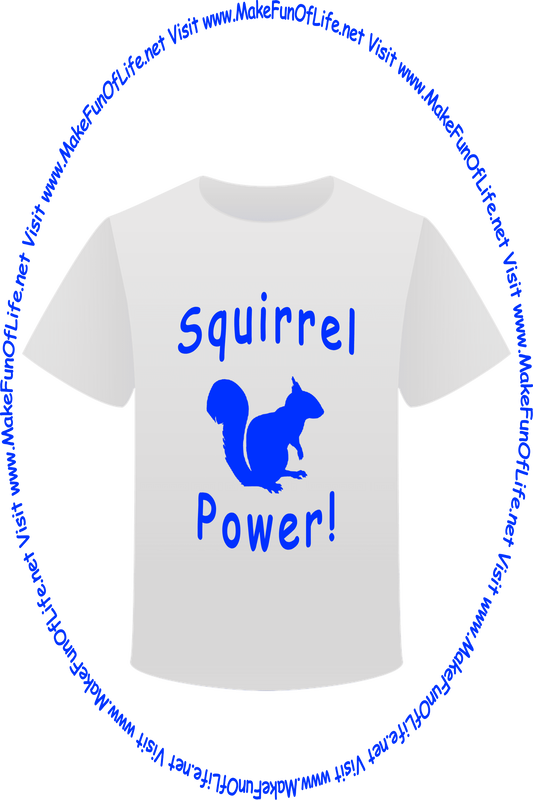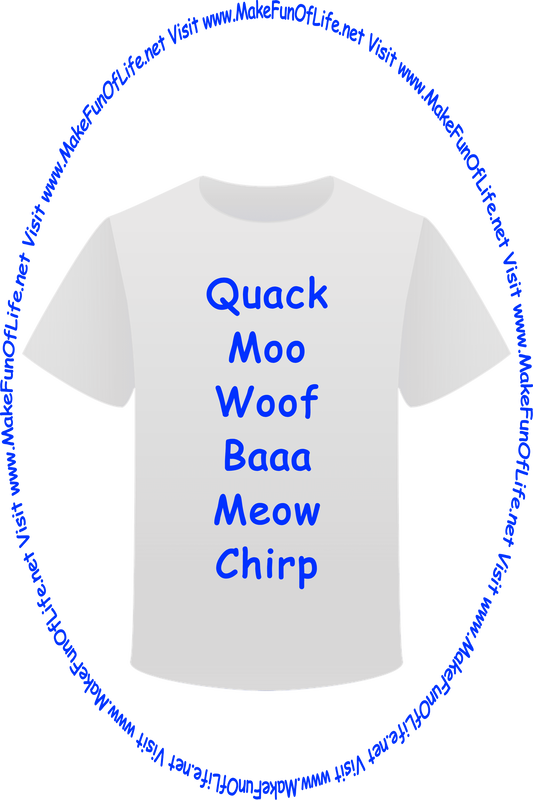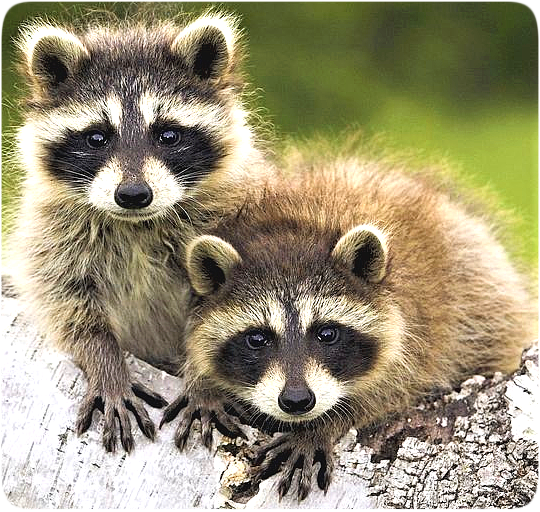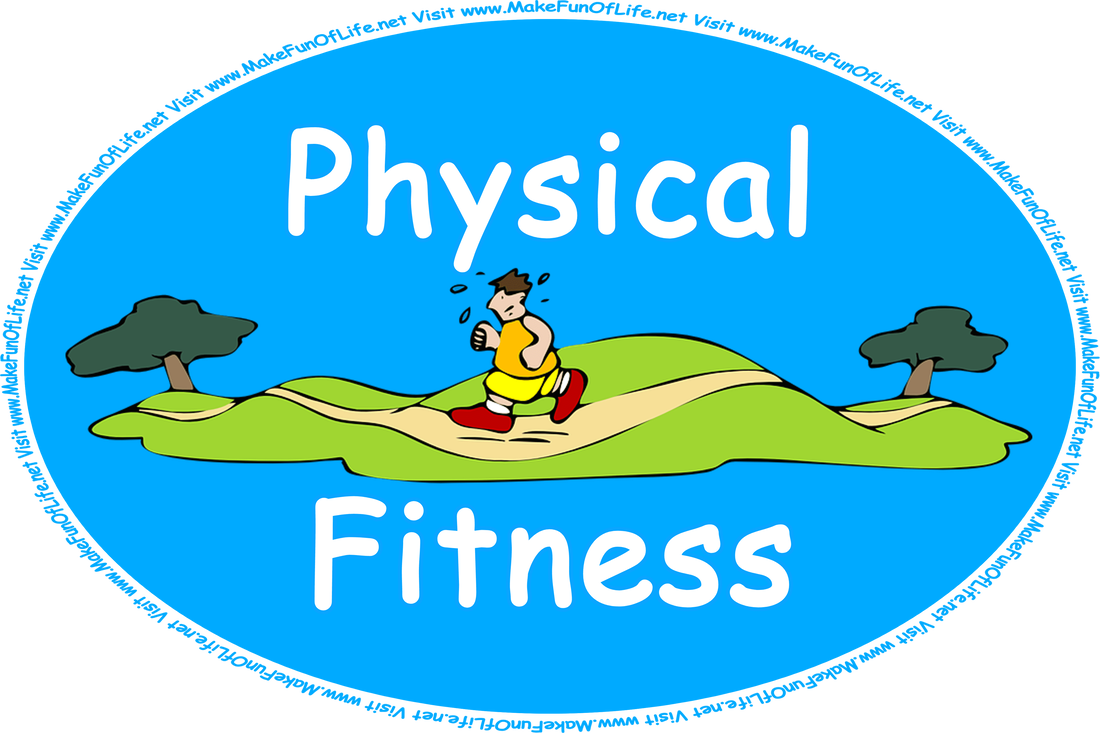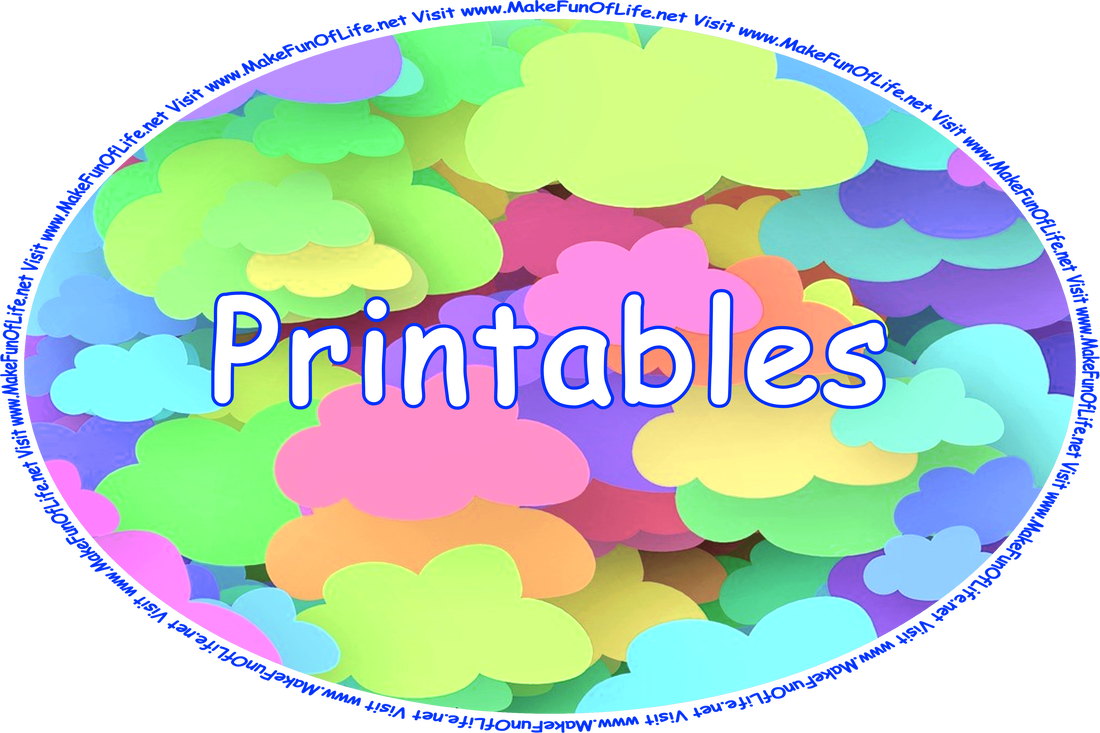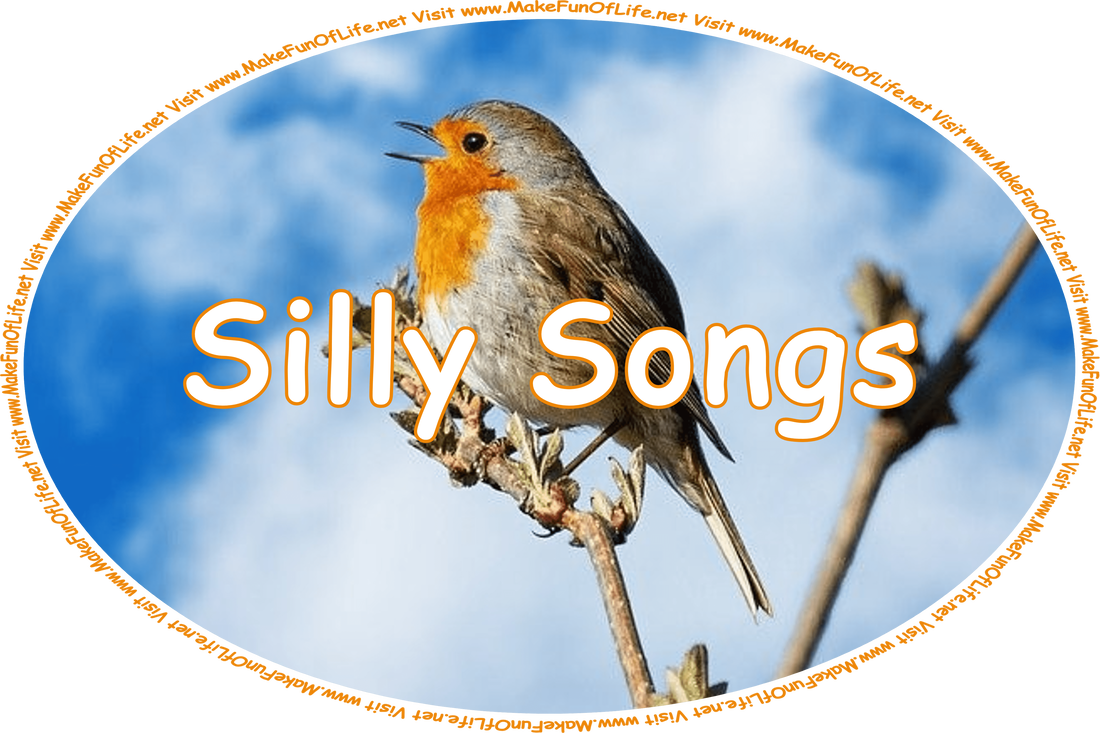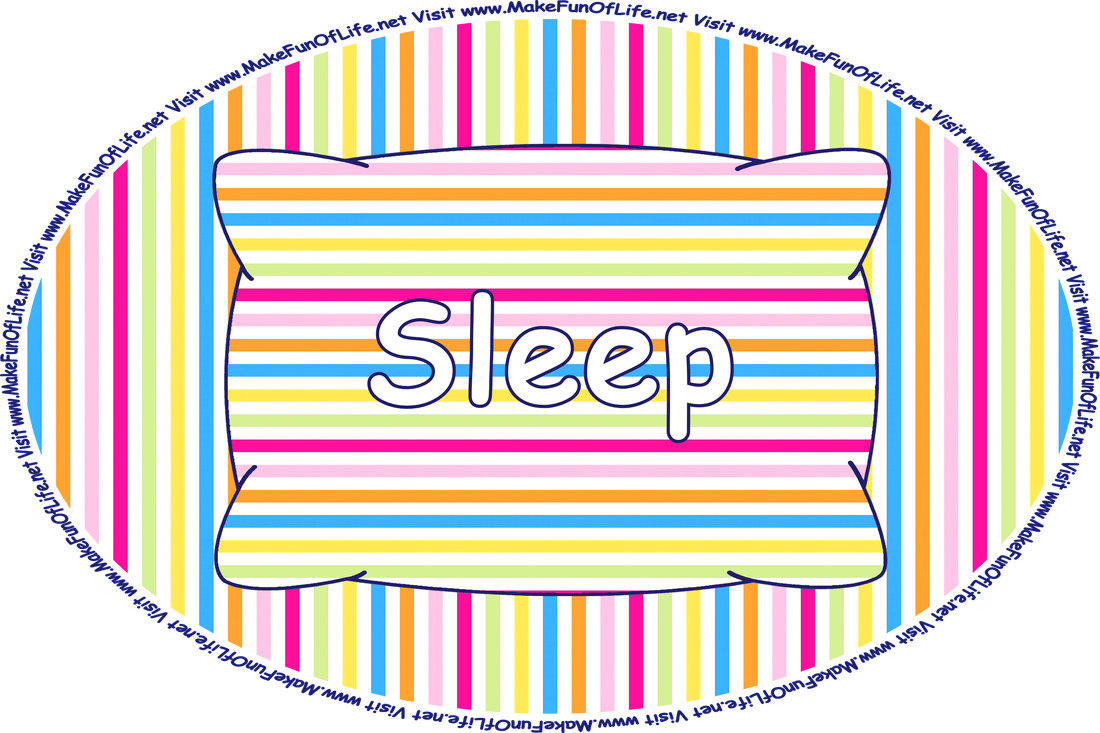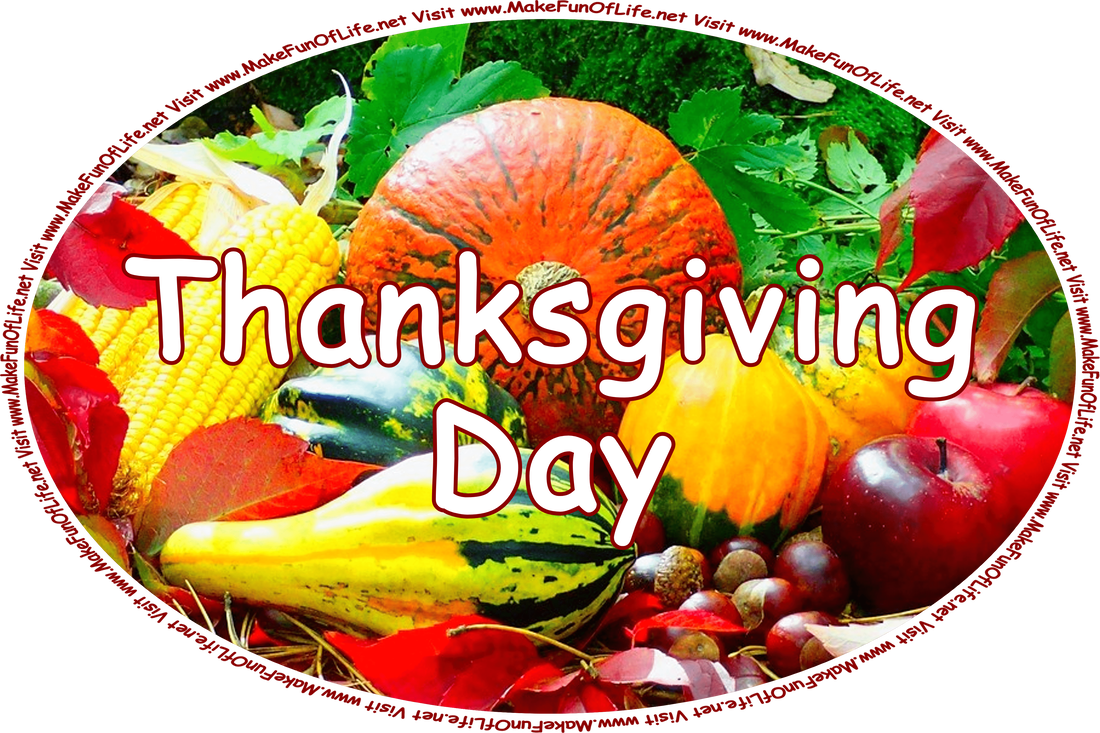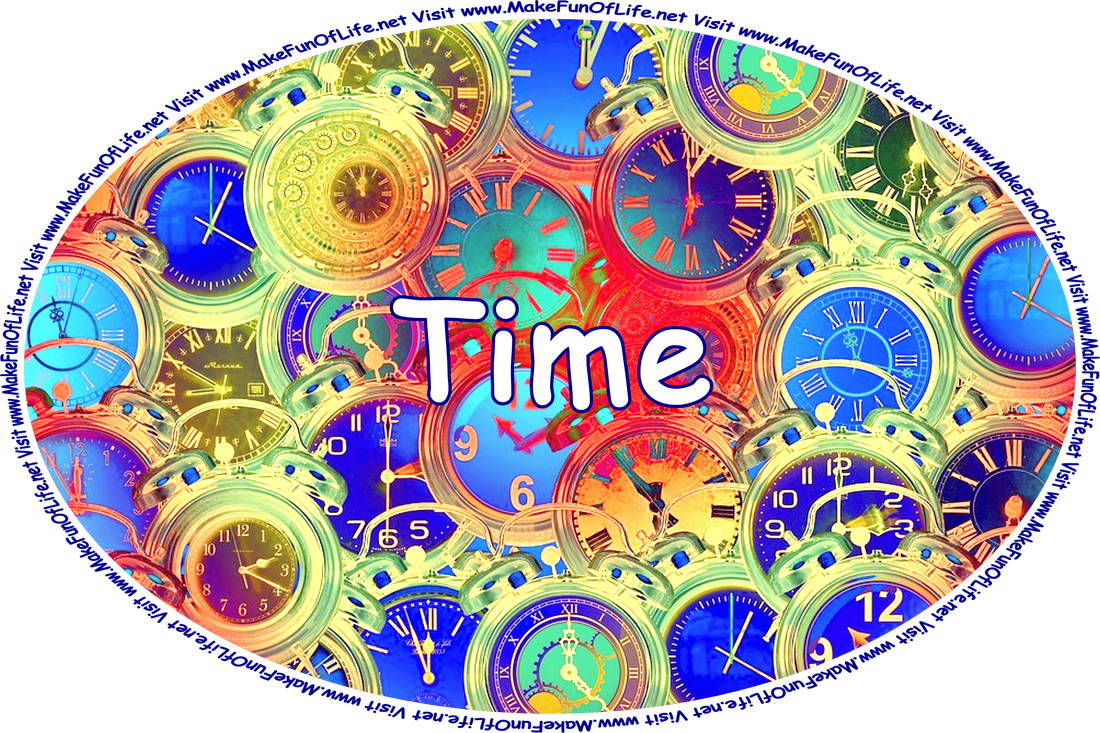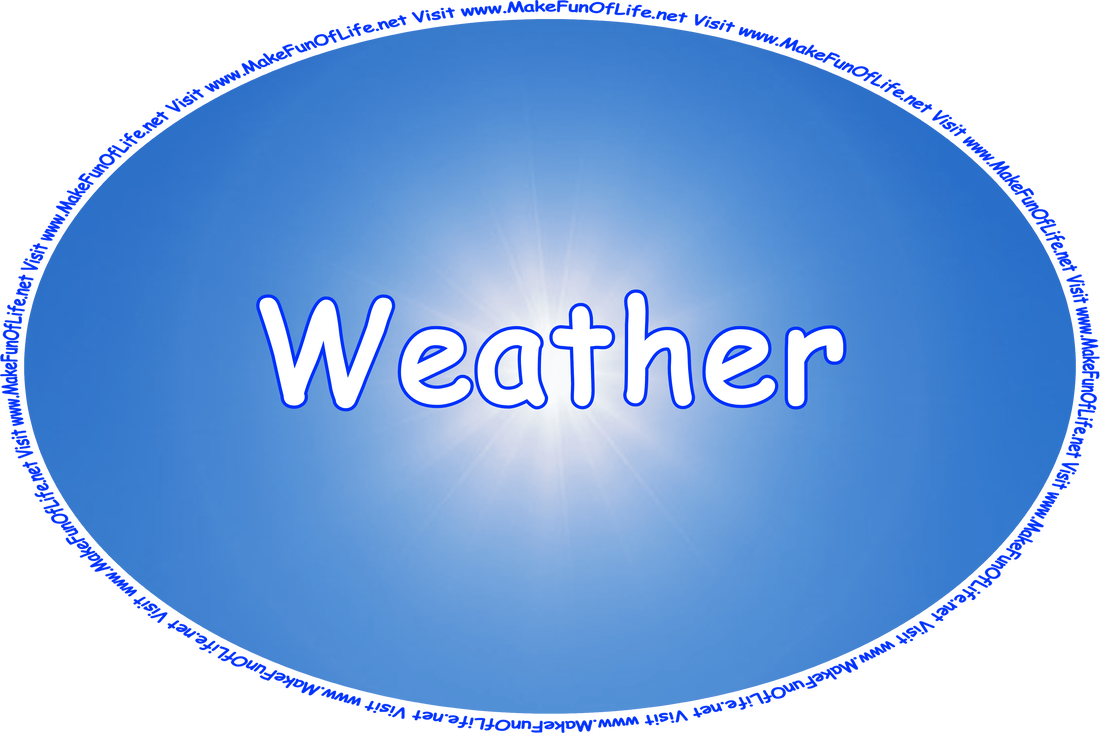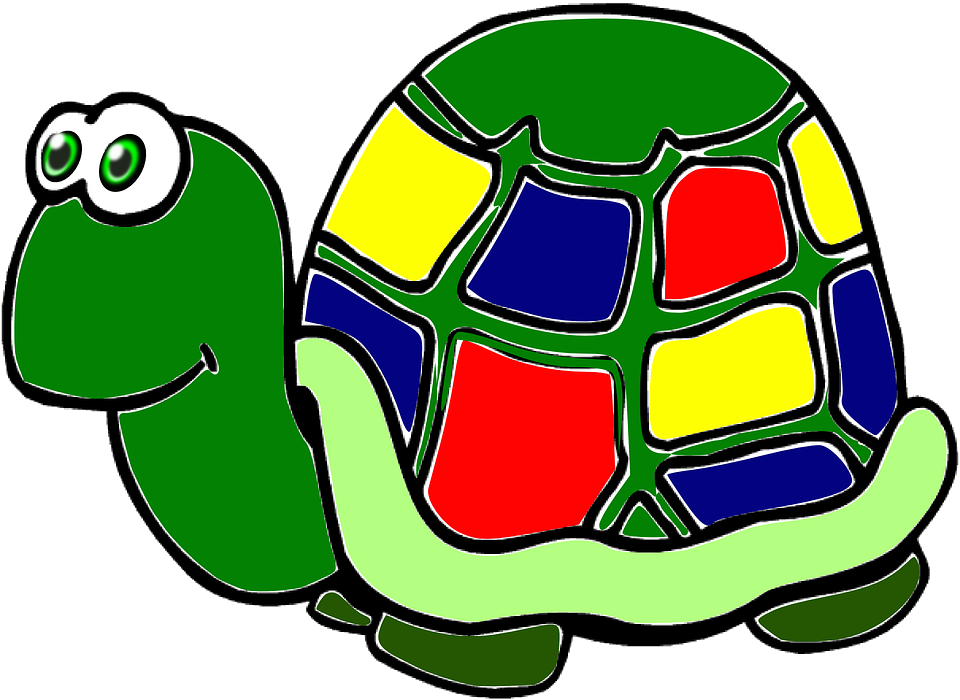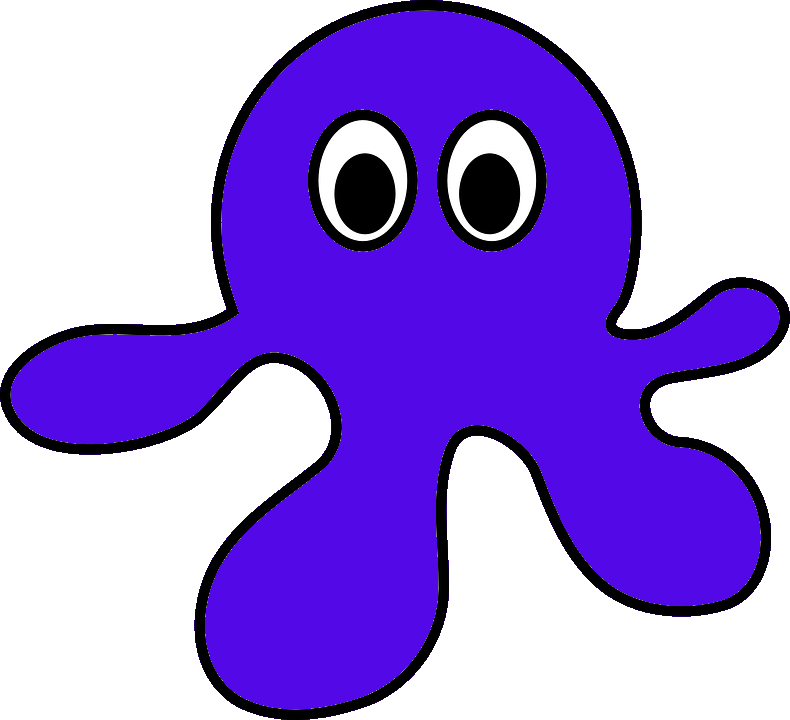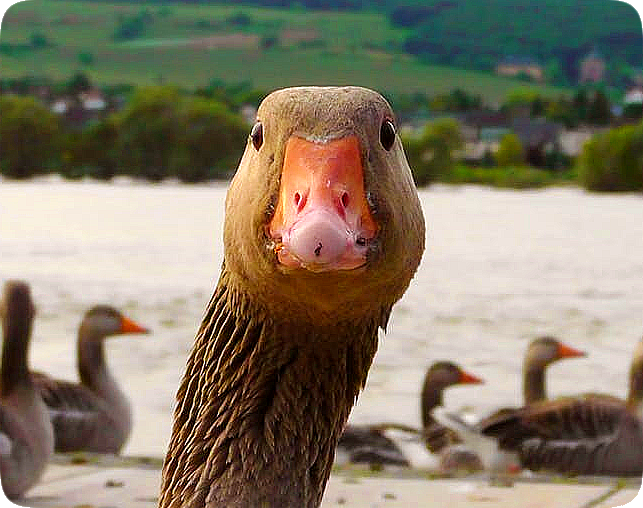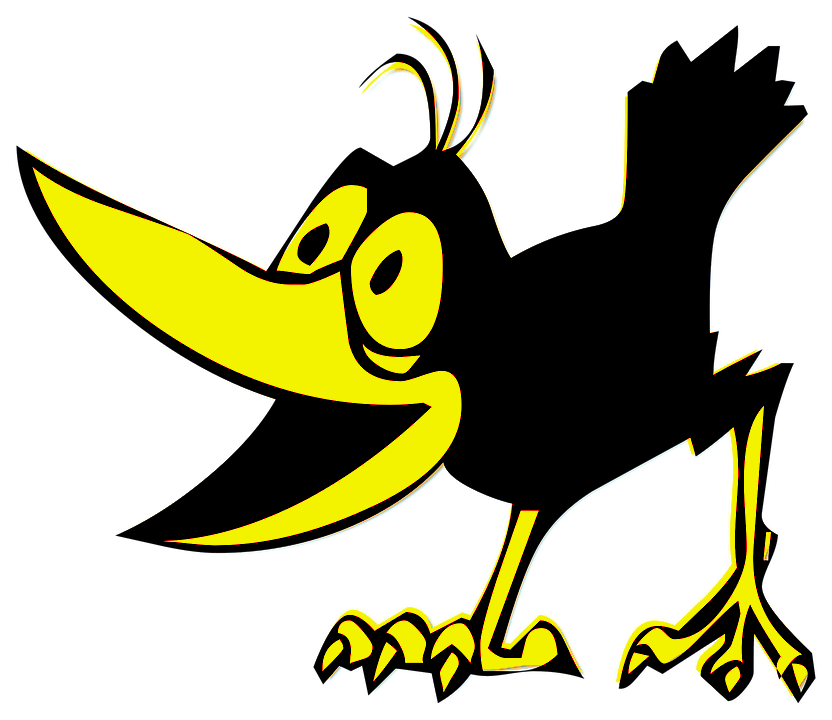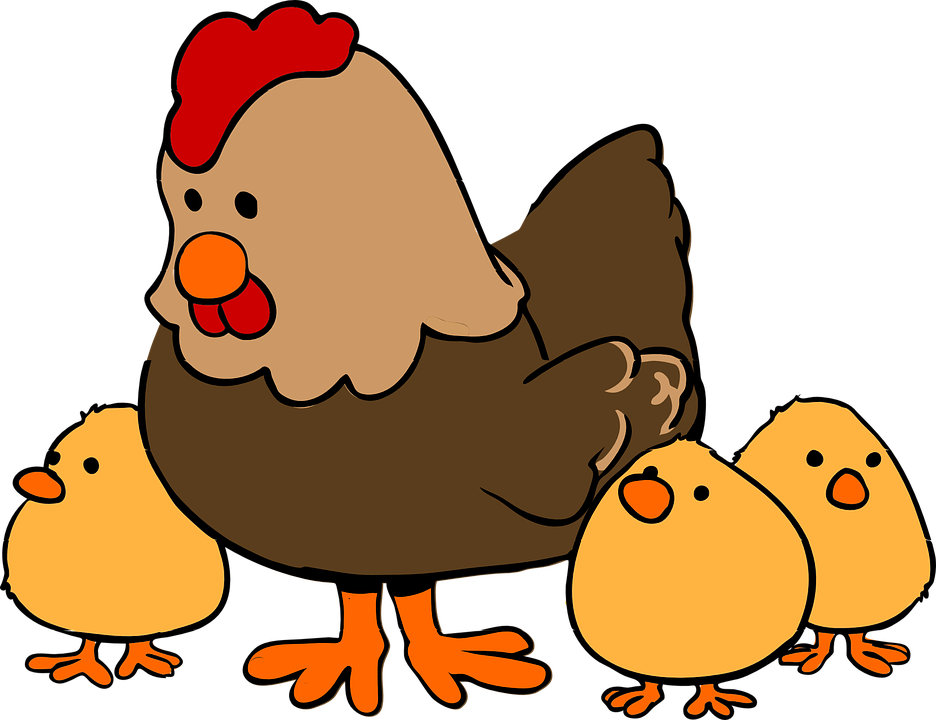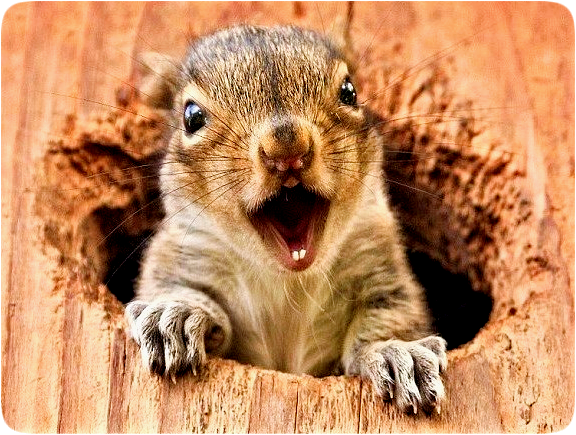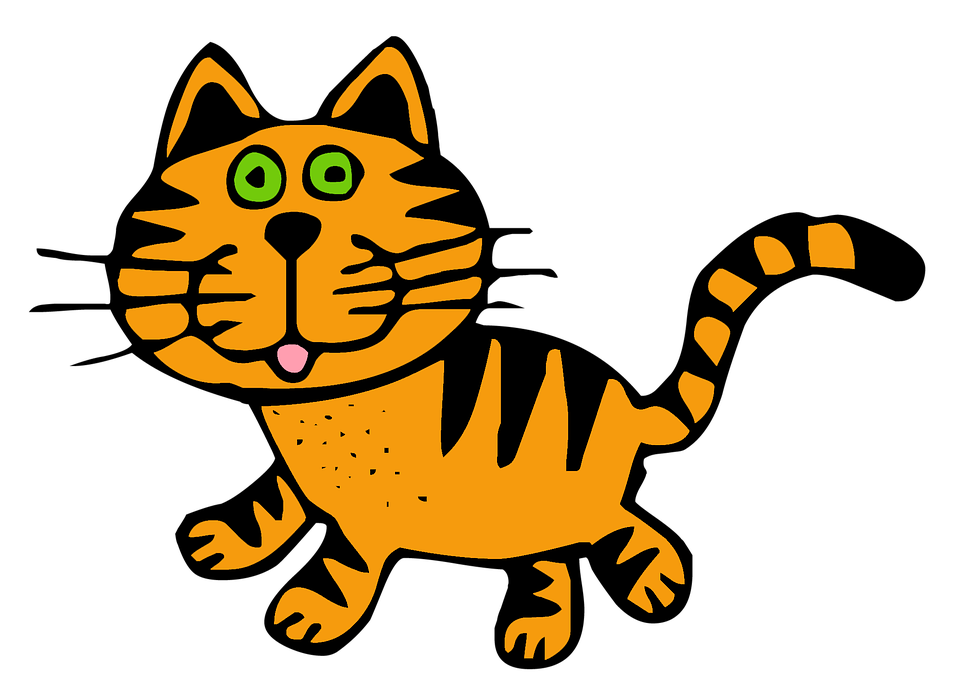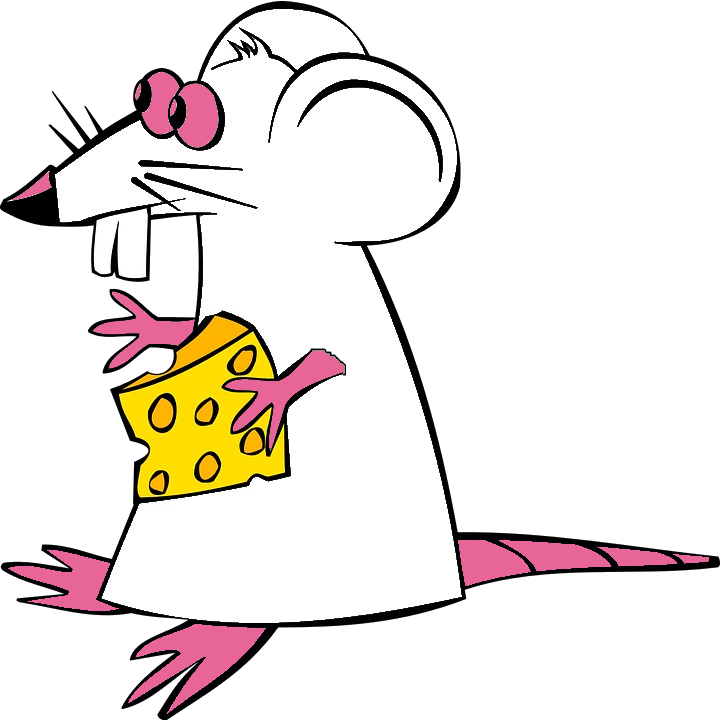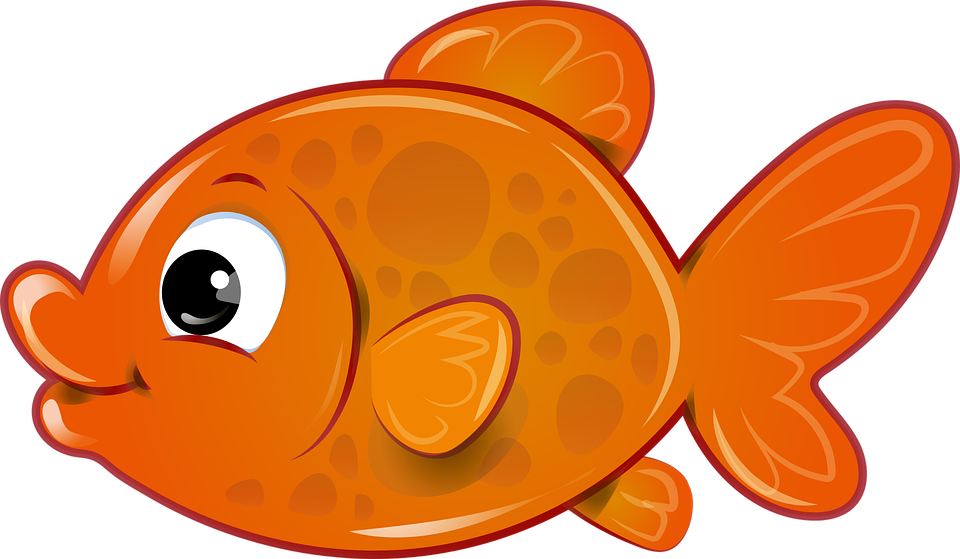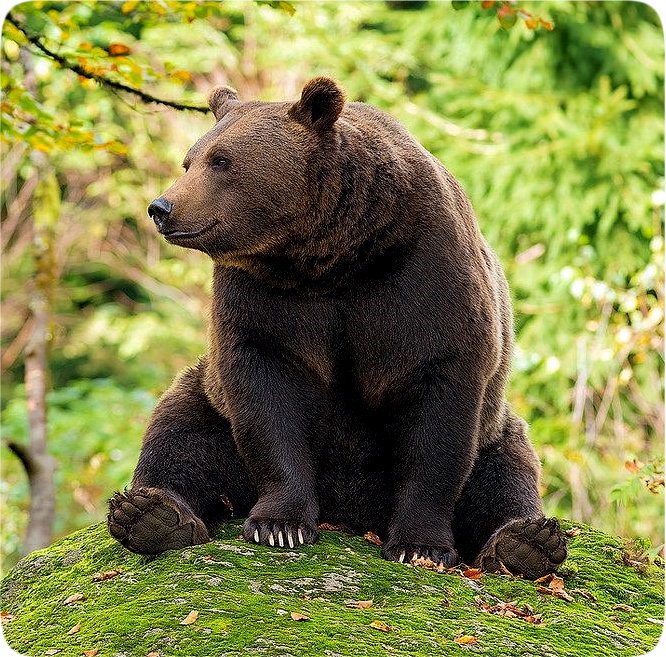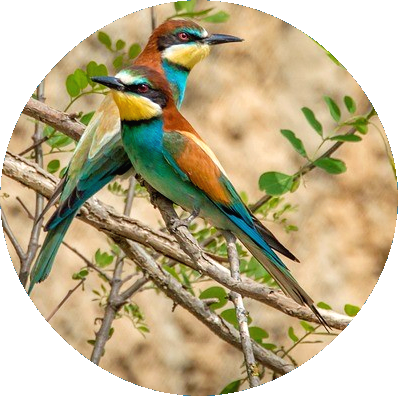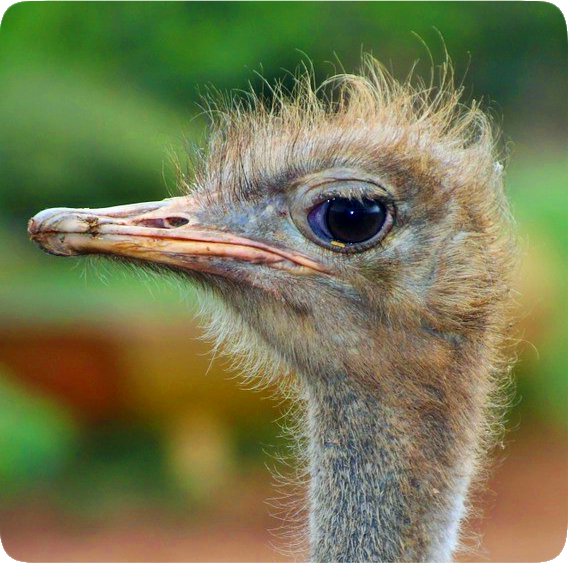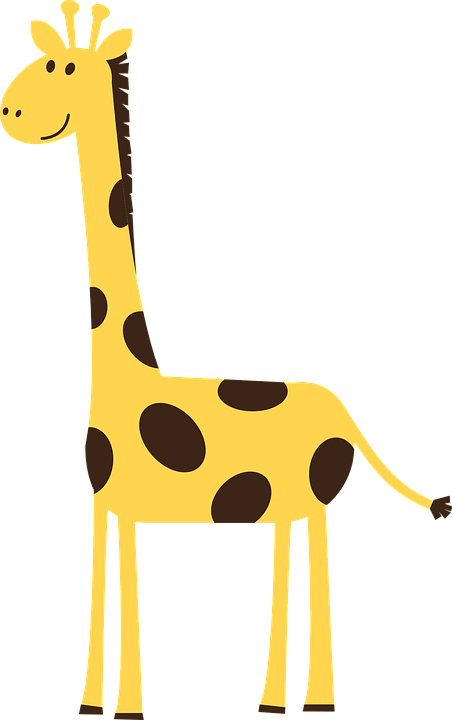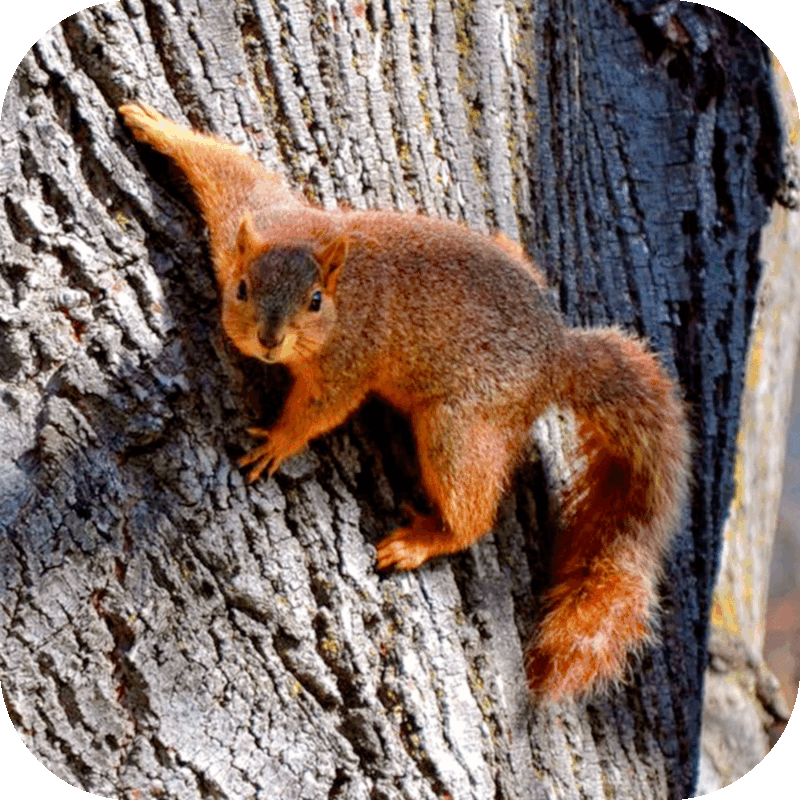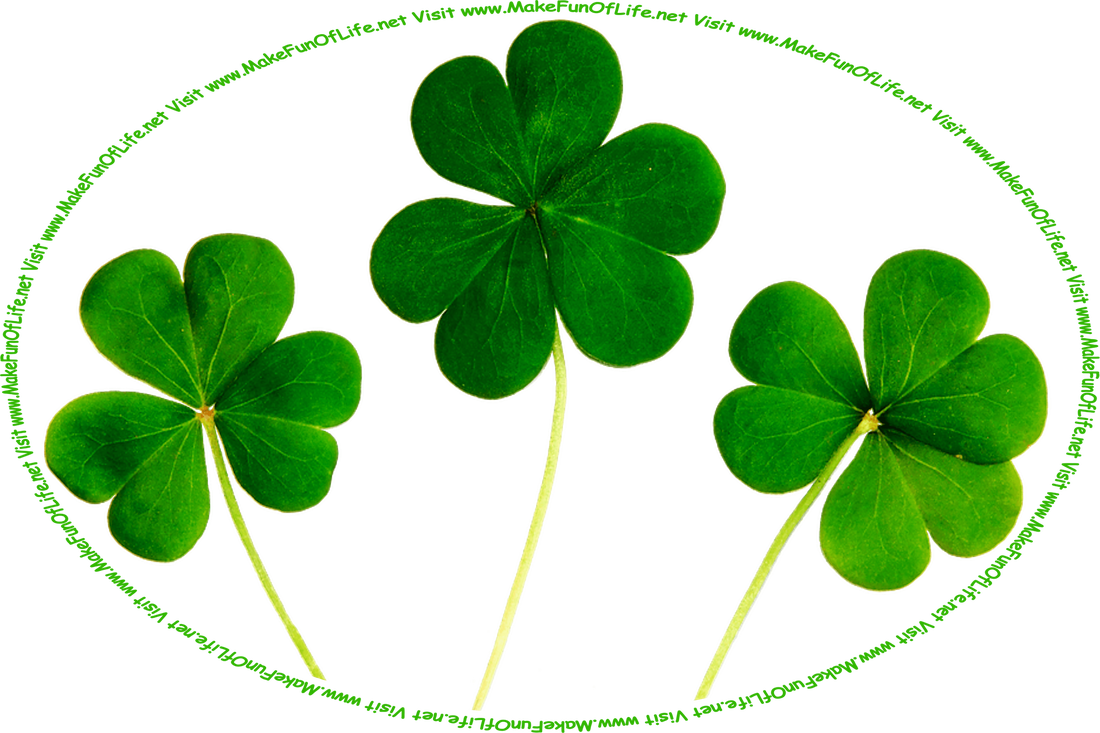The morning wakeup call heard on farms is male chickens, or roosters, crowing, “Cock-a-doodle-doo!” The female chicken is called a hen and she says, “Cluck, cluck, cluck!” The young chickens are called chicks and they say, “Cheep, cheep, cheep!”
Josephine: What do you get when you cross a rooster and a duck?
Josie: A bird that wakes you at the ‘quack’ of dawn.
The chicken is the most common species of bird on Earth. There are presently about two chickens for every one human in the world.
Continue scrolling down this website page to read the rest of the article, or click or tap on these words to read “Fun and Learning about Fun Facts and Trivia” gathered by David Hugh Beaumont.
Maggie: What has feathers and writes?
Margie: A ballpoint hen.
Josephine: What do you get when you cross a rooster and a duck?
Josie: A bird that wakes you at the ‘quack’ of dawn.
The chicken is the most common species of bird on Earth. There are presently about two chickens for every one human in the world.
Continue scrolling down this website page to read the rest of the article, or click or tap on these words to read “Fun and Learning about Fun Facts and Trivia” gathered by David Hugh Beaumont.
Maggie: What has feathers and writes?
Margie: A ballpoint hen.
The Chicken Family
Down in the barnyard, early in the morning,
See the chicken family all in a row.
The mommy chicken, she is called a hen.
Cluck, cluck, cluck, and off she goes.
Down in the barnyard, early in the morning,
See the chicken family all in a row.
See the daddy chicken, he is called a rooster.
Cock-a-doodle-doo and off he goes.
Down in the barnyard, early in the morning,
See the chicken family all in a row.
See the baby chickens, they are called chicks.
Cheep, cheep, cheep, and off they go.
by Author Unknown
Continue scrolling down this website page to read the rest of the article, or click or tap on these words to read “Fun and Learning about Poetry” gathered by David Hugh Beaumont.
Down in the barnyard, early in the morning,
See the chicken family all in a row.
The mommy chicken, she is called a hen.
Cluck, cluck, cluck, and off she goes.
Down in the barnyard, early in the morning,
See the chicken family all in a row.
See the daddy chicken, he is called a rooster.
Cock-a-doodle-doo and off he goes.
Down in the barnyard, early in the morning,
See the chicken family all in a row.
See the baby chickens, they are called chicks.
Cheep, cheep, cheep, and off they go.
by Author Unknown
Continue scrolling down this website page to read the rest of the article, or click or tap on these words to read “Fun and Learning about Poetry” gathered by David Hugh Beaumont.
“The chicken probably came before the egg, because someone would have had to set on the egg.” -Author Unknown
Rose: Why do roosters never get rich?
Pearl: Because they work for chicken feed.
Continue scrolling down this website page to read the rest of the article, or click or tap on these words to read “Fun and Learning about Employment and Work” gathered by David Hugh Beaumont.
Chickens Facts
- Chickens are domestic poultry, or birds kept by humans for their eggs, meat, feathers, as live ornaments in elaborate gardens, or as pets.
- The plural of chicken is chickens.
- The sounds made by adult chickens are called clucking and cackling.
- An adult male chicken is called a rooster or a cock.
- The sound made by a rooster or a cock is called crowing.
- A young male chicken is called a cockerel.
- An adult female chicken is called a hen.
- A young female chicken is called a pullet.
- A young chicken, either male or female, is called a chick.
- A group of chickens is called a flock.
- A group of chicks hatched in the same setting time by a single hen is called a brood.
- The sound made by chicks is called cheeping or peeping.
Marvin: What signs would you find on the ‘In’ and ‘Out’ boxes on the desk of a poultry farmer?
Melvin: ‘Cock-A-Doodle-Do’ and ‘Cock-A-Doodle-Done.’
Question: What do you call a hen that counts eggs?
Answer: A mathemachicken.
Continue scrolling down this website page to read the rest of the article, or click or tap on these words to read “Fun and Learning about Numbers and Counting” gathered by David Hugh Beaumont.
“A chicken doesn’t stop scratching just because the worms are scarce.” -John Peers
Rose: Why do roosters never get rich?
Pearl: Because they work for chicken feed.
Continue scrolling down this website page to read the rest of the article, or click or tap on these words to read “Fun and Learning about Employment and Work” gathered by David Hugh Beaumont.
Chickens Facts
- Chickens are domestic poultry, or birds kept by humans for their eggs, meat, feathers, as live ornaments in elaborate gardens, or as pets.
- The plural of chicken is chickens.
- The sounds made by adult chickens are called clucking and cackling.
- An adult male chicken is called a rooster or a cock.
- The sound made by a rooster or a cock is called crowing.
- A young male chicken is called a cockerel.
- An adult female chicken is called a hen.
- A young female chicken is called a pullet.
- A young chicken, either male or female, is called a chick.
- A group of chickens is called a flock.
- A group of chicks hatched in the same setting time by a single hen is called a brood.
- The sound made by chicks is called cheeping or peeping.
Marvin: What signs would you find on the ‘In’ and ‘Out’ boxes on the desk of a poultry farmer?
Melvin: ‘Cock-A-Doodle-Do’ and ‘Cock-A-Doodle-Done.’
Question: What do you call a hen that counts eggs?
Answer: A mathemachicken.
Continue scrolling down this website page to read the rest of the article, or click or tap on these words to read “Fun and Learning about Numbers and Counting” gathered by David Hugh Beaumont.
“A chicken doesn’t stop scratching just because the worms are scarce.” -John Peers
The Poultries
Let’s think of eggs.
They have no legs.
Chickens come from eggs,
But they have no legs.
The plot thickens;
Eggs come from chickens,
But have no legs under ’em.
What a conundrum!
by Ogden Nash
Let’s think of eggs.
They have no legs.
Chickens come from eggs,
But they have no legs.
The plot thickens;
Eggs come from chickens,
But have no legs under ’em.
What a conundrum!
by Ogden Nash
Marvin: How do you stop a rooster from crowing early in the morning?
Irving: Eat him the night before.
Continue scrolling down this website page to read the rest of the article, or click or tap on these words to read “Fun and Learning about Mealtimes and Eating” gathered by David Hugh Beaumont.
Does a baby chicken, called a chick, breathe inside the egg, and if so, how? An eggshell may look solid, but it actually has about 8,000 pores that are large enough for oxygen to flow in and carbon dioxide to flow out. This was proven in 1863 when John Davy of Edinburgh, Scotland pumped pressurized air into an underwater egg and watched as thousands of tiny air bubbles appeared. The head of a chicken develops at the large end of the egg. About three days before hatching, the baby chick punctures the air cell at the base of the egg with its sharp egg tooth (a tiny, horn-shaped point on top of its beak) and breathes its first gulp of air, while still inside the egg. As soon as it can breathe, it can peep. Peeping and tapping can be heard from inside the egg as the chick chips a hole in the egg to make its way into the outside world.
Grace: What animals go, “Buzz-cluck, buzz-cluck”?
George: Electric chickens!
The Rooster
The farm is in a flurry.
The rooster caught the flu.
His cock-a-doodle-doo
Has changed to cock-a doodle-choo!
by Author Unknown
Eunice: What type of jokes do chickens like best?
Eustice: Corny ones!
A typical hen lays 19 dozen eggs a year. If 12 eggs are in a dozen, how many eggs does a typical hen lay in a year?
Patrice: How does a chicken put together a meal?
Richard: It starts from scratch.
City Slicker: I would like to buy a chicken.
Farmer: Want a pullet?
City Slicker: Not really - I would rather carry it.
A hen produces one egg about every 34 hours. If you have a family of six and you want two eggs, bacon, hash-brown potatoes, and buttered toast with jam for breakfast every morning for each of you, how many hens would you need in your flock?
Alice: Why was the chicken sent to the principal’s office?
Alvin: For pecking on the other students.
Chickens can fly better than emus, kiwis, ostriches, and penguins combined. Yet, chickens cannot fly as well as most other species of birds because they have a heavy body weight in proportion to their wingspans. The world record for a nonstop chicken flight is a little more than 210 meters (690 feet) accomplished in 13 seconds. Chicken keepers sometimes clip the wing feathers of chickens to prevent them from flying over fences, which the chickens probably attempt to do because it is in their nature to try to get out to go cross the road . . .
Russell: Who tells the best chicken jokes?
Randall: Comedihens!
Three Hens
When three hens go a-walking, they
Observe this order and array:
The first hen walks in front, and then
Behind her walks the second hen,
While, move they slow or move they fast,
You find the third hen walking last.
by Henry Johnstone
Continue scrolling down this website page to read the rest of the article, or click or tap on these words to read “Fun and Learning about Walking and Ambulating” gathered by David Hugh Beaumont.
Lucky: Why does a chicken coop have only two doors?
Chance: Because if it had four doors, it would be a chicken sedan.
Continue scrolling down this website page to read the rest of the article, or click or tap on these words to read “Fun and Learning about Vehicles and Drivers” gathered by David Hugh Beaumont.
Before running out and getting chickens, first find out about local ordinances, or laws, which may stipulate if you can keep chickens or not, how many you can have, and any other restrictions. You may be able to keep chickens only if you heed certain rules; for example, you may not be able to have crowing roosters and cackling hens if there are noise ordinances, and you will want to learn how to keep chickens from being too loud before getting any of them. You may be able to give chickens the run of your property (free-range chickens) or you may be required to keep them in enclosures (coops and pens and runs).
Garth: Why do people go to chicken shows?
Jethro: For the hentertainment.
Classified advertisement seen in a rural newspaper: Will trade a rooster that crows at 4 o’clock for one that crows at 5 o’clock.
Continue scrolling down this website page to read the rest of the article, or click or tap on these words to read “Fun and Learning about Mornings and Dawns” gathered by David Hugh Beaumont.
Gregory: What do you get when you cross a chicken with a Martian?
Olaf: An eggstraterrestrial!
Chickens are the closest living relatives of the now-extinct yet still terrifying carnivorous Tyrannosaurus Rex dinosaur.
Continue scrolling down this website page to read the rest of the article, or click or tap on these words to read “Fun and Learning about Dinosaurs” gathered by David Hugh Beaumont.
Donald: What was the hen doing at the bank?
Ronald: Opening a chicken account.
As omnivores, or animals that eat plants and animals, chickens have a varied diet. They will eat just about anything, including beetles, worms, corn, oats, snails, slugs, seeds, fruit, vegetables, acorns, kitchen scraps, and many other foods. They also swallow tiny stones to help them digest their food. They have a well-developed gizzard, which is a part of the stomach containing the tiny stones that grind up their food.
Marla: Where do tough chickens come from?
Darla: Hard-boiled eggs.
Continue scrolling down this website page to read the rest of the article, or click or tap on these words to read “Fun and Learning about Life and Living” gathered by David Hugh Beaumont.
Henny: What sound does a chicken crossed with a cow make?
Penny: “Cock-a-doodle-moo-ooo!”
Continue scrolling down this website page to read the rest of the article, or click or tap on these words to read “Fun and Learning about Cattle” gathered by David Hugh Beaumont.
“I have noticed that when chickens quit quarreling over their food they often find that there is enough for all of them i wonder if it might not be the same with the human race” -Don Marquis (Donald Robert Perry ‘Don’ Marquis (1878 - 1937)): “archy’s life of mehitabel, random thoughts by archy” (1933), using lower case letters and no punctuation, in the style of the fictional writer character he created
Trevor: What animal makes the sound, “Cluck-bubble, cluck-bubble!”?
Veronica: A chicken of the sea.
‘Alektorophobia’ is a persistent fear of chickens. Chickens are small creatures, yet they can unleash a great amount of fierceness on anyone whom they suspect may be a threat to themselves, their young, or their eggs. Roosters have sharp pointed spurs on their legs designed specifically to inflict injury, and both hens and roosters come equipped with sharp beaks. This phobia makes good sense!
Annette: What book tells you all about chickens?
Nettie: A hencyclopedia.
Continue scrolling down this website page to read the rest of the article, or click or tap on these words to read “Fun and Learning about Reading and Books” gathered by David Hugh Beaumont.
Irving: Eat him the night before.
Continue scrolling down this website page to read the rest of the article, or click or tap on these words to read “Fun and Learning about Mealtimes and Eating” gathered by David Hugh Beaumont.
Does a baby chicken, called a chick, breathe inside the egg, and if so, how? An eggshell may look solid, but it actually has about 8,000 pores that are large enough for oxygen to flow in and carbon dioxide to flow out. This was proven in 1863 when John Davy of Edinburgh, Scotland pumped pressurized air into an underwater egg and watched as thousands of tiny air bubbles appeared. The head of a chicken develops at the large end of the egg. About three days before hatching, the baby chick punctures the air cell at the base of the egg with its sharp egg tooth (a tiny, horn-shaped point on top of its beak) and breathes its first gulp of air, while still inside the egg. As soon as it can breathe, it can peep. Peeping and tapping can be heard from inside the egg as the chick chips a hole in the egg to make its way into the outside world.
Grace: What animals go, “Buzz-cluck, buzz-cluck”?
George: Electric chickens!
The Rooster
The farm is in a flurry.
The rooster caught the flu.
His cock-a-doodle-doo
Has changed to cock-a doodle-choo!
by Author Unknown
Eunice: What type of jokes do chickens like best?
Eustice: Corny ones!
A typical hen lays 19 dozen eggs a year. If 12 eggs are in a dozen, how many eggs does a typical hen lay in a year?
Patrice: How does a chicken put together a meal?
Richard: It starts from scratch.
City Slicker: I would like to buy a chicken.
Farmer: Want a pullet?
City Slicker: Not really - I would rather carry it.
A hen produces one egg about every 34 hours. If you have a family of six and you want two eggs, bacon, hash-brown potatoes, and buttered toast with jam for breakfast every morning for each of you, how many hens would you need in your flock?
Alice: Why was the chicken sent to the principal’s office?
Alvin: For pecking on the other students.
Chickens can fly better than emus, kiwis, ostriches, and penguins combined. Yet, chickens cannot fly as well as most other species of birds because they have a heavy body weight in proportion to their wingspans. The world record for a nonstop chicken flight is a little more than 210 meters (690 feet) accomplished in 13 seconds. Chicken keepers sometimes clip the wing feathers of chickens to prevent them from flying over fences, which the chickens probably attempt to do because it is in their nature to try to get out to go cross the road . . .
Russell: Who tells the best chicken jokes?
Randall: Comedihens!
Three Hens
When three hens go a-walking, they
Observe this order and array:
The first hen walks in front, and then
Behind her walks the second hen,
While, move they slow or move they fast,
You find the third hen walking last.
by Henry Johnstone
Continue scrolling down this website page to read the rest of the article, or click or tap on these words to read “Fun and Learning about Walking and Ambulating” gathered by David Hugh Beaumont.
Lucky: Why does a chicken coop have only two doors?
Chance: Because if it had four doors, it would be a chicken sedan.
Continue scrolling down this website page to read the rest of the article, or click or tap on these words to read “Fun and Learning about Vehicles and Drivers” gathered by David Hugh Beaumont.
Before running out and getting chickens, first find out about local ordinances, or laws, which may stipulate if you can keep chickens or not, how many you can have, and any other restrictions. You may be able to keep chickens only if you heed certain rules; for example, you may not be able to have crowing roosters and cackling hens if there are noise ordinances, and you will want to learn how to keep chickens from being too loud before getting any of them. You may be able to give chickens the run of your property (free-range chickens) or you may be required to keep them in enclosures (coops and pens and runs).
Garth: Why do people go to chicken shows?
Jethro: For the hentertainment.
Classified advertisement seen in a rural newspaper: Will trade a rooster that crows at 4 o’clock for one that crows at 5 o’clock.
Continue scrolling down this website page to read the rest of the article, or click or tap on these words to read “Fun and Learning about Mornings and Dawns” gathered by David Hugh Beaumont.
Gregory: What do you get when you cross a chicken with a Martian?
Olaf: An eggstraterrestrial!
Chickens are the closest living relatives of the now-extinct yet still terrifying carnivorous Tyrannosaurus Rex dinosaur.
Continue scrolling down this website page to read the rest of the article, or click or tap on these words to read “Fun and Learning about Dinosaurs” gathered by David Hugh Beaumont.
Donald: What was the hen doing at the bank?
Ronald: Opening a chicken account.
As omnivores, or animals that eat plants and animals, chickens have a varied diet. They will eat just about anything, including beetles, worms, corn, oats, snails, slugs, seeds, fruit, vegetables, acorns, kitchen scraps, and many other foods. They also swallow tiny stones to help them digest their food. They have a well-developed gizzard, which is a part of the stomach containing the tiny stones that grind up their food.
Marla: Where do tough chickens come from?
Darla: Hard-boiled eggs.
Continue scrolling down this website page to read the rest of the article, or click or tap on these words to read “Fun and Learning about Life and Living” gathered by David Hugh Beaumont.
Henny: What sound does a chicken crossed with a cow make?
Penny: “Cock-a-doodle-moo-ooo!”
Continue scrolling down this website page to read the rest of the article, or click or tap on these words to read “Fun and Learning about Cattle” gathered by David Hugh Beaumont.
“I have noticed that when chickens quit quarreling over their food they often find that there is enough for all of them i wonder if it might not be the same with the human race” -Don Marquis (Donald Robert Perry ‘Don’ Marquis (1878 - 1937)): “archy’s life of mehitabel, random thoughts by archy” (1933), using lower case letters and no punctuation, in the style of the fictional writer character he created
Trevor: What animal makes the sound, “Cluck-bubble, cluck-bubble!”?
Veronica: A chicken of the sea.
‘Alektorophobia’ is a persistent fear of chickens. Chickens are small creatures, yet they can unleash a great amount of fierceness on anyone whom they suspect may be a threat to themselves, their young, or their eggs. Roosters have sharp pointed spurs on their legs designed specifically to inflict injury, and both hens and roosters come equipped with sharp beaks. This phobia makes good sense!
Annette: What book tells you all about chickens?
Nettie: A hencyclopedia.
Continue scrolling down this website page to read the rest of the article, or click or tap on these words to read “Fun and Learning about Reading and Books” gathered by David Hugh Beaumont.
The Hen
The hen is a ferocious fowl,
She pecks you till she makes you howl.
And all the time she flaps her wings,
And says the most insulting things.
And when you try to take her eggs,
She bites pieces from your legs.
The only safe way to get these,
Is to creep on your hands and knees.
In the meanwhile a friend must hide,
And jump out on the other side.
And then you snatch the eggs and run,
While she pursues the other one.
The difficulty is to find
A trusty friend who will not mind.
by Alfred Douglas
Continue scrolling down this website page to read the rest of the article, or click or tap on these words to read “Fun and Learning about Horror Stories” gathered by David Hugh Beaumont.
The hen is a ferocious fowl,
She pecks you till she makes you howl.
And all the time she flaps her wings,
And says the most insulting things.
And when you try to take her eggs,
She bites pieces from your legs.
The only safe way to get these,
Is to creep on your hands and knees.
In the meanwhile a friend must hide,
And jump out on the other side.
And then you snatch the eggs and run,
While she pursues the other one.
The difficulty is to find
A trusty friend who will not mind.
by Alfred Douglas
Continue scrolling down this website page to read the rest of the article, or click or tap on these words to read “Fun and Learning about Horror Stories” gathered by David Hugh Beaumont.
Percival: How does the little red hen bake a cake?
Henrietta: From scratch!
Continue scrolling down this website page to read the rest of the article, or click or tap on these words to read “Fun and Learning about Baked Goods” gathered by David Hugh Beaumont.
Chickens need a coop (chicken house) in which to lay their eggs in nest boxes and in which to roost (sleep) on narrow wood boards placed horizontally above the floor. A coop should keep them warm in Winter and shaded in Summer, and keep them safe from predators. Adjacent to the coop should be an open fenced-in area (pen or run) in which the chickens can be watered and fed during warm weather and in which they can get exercise and exposure to sunlight.
Gwyneth: What did the mother hen say to her baby chick?
Gwendolyn: “You’re eggstra special!”
Continue scrolling down this website page to read the rest of the article, or click or tap on these words to read “Fun and Learning about Babies and Infants” gathered by David Hugh Beaumont.
Chickens are versatile animals: they can be general-purpose chickens, egg producers (layers), dinner (fryers), insect controllers, pets, feather filling for pillows and mattresses, mother chickens (setting hens), show chickens (competition), and even alarm clock roosters. Which kind do you want?
Continue scrolling down this website page to read the rest of the article, or click or tap on these words to read “Fun and Learning about Differences and Individuality” gathered by David Hugh Beaumont.
Lillian: Why was the chicken afraid of the chicken?
Starlet: Because it was chicken.
Continue scrolling down this website page to read the rest of the article, or click or tap on these words to read “Fun and Learning about Fears and Courage” gathered by David Hugh Beaumont.
Chickens have many predators, or animals that want to eat them or their eggs. Predators of chickens include skunks, owls, raccoons, foxes, hawks, opossums, bobcats, snakes, weasels, dogs, and humans. For this reason, chickens often need coops and pens for protection.
Lucy: Where are you likely to find the chicken in a grocery store?
Lucille: Standing in the eggspress line.
Continue scrolling down this website page to read the rest of the article, or click or tap on these words to read “Fun and Learning about Shopping” gathered by David Hugh Beaumont.
Henrietta: From scratch!
Continue scrolling down this website page to read the rest of the article, or click or tap on these words to read “Fun and Learning about Baked Goods” gathered by David Hugh Beaumont.
Chickens need a coop (chicken house) in which to lay their eggs in nest boxes and in which to roost (sleep) on narrow wood boards placed horizontally above the floor. A coop should keep them warm in Winter and shaded in Summer, and keep them safe from predators. Adjacent to the coop should be an open fenced-in area (pen or run) in which the chickens can be watered and fed during warm weather and in which they can get exercise and exposure to sunlight.
Gwyneth: What did the mother hen say to her baby chick?
Gwendolyn: “You’re eggstra special!”
Continue scrolling down this website page to read the rest of the article, or click or tap on these words to read “Fun and Learning about Babies and Infants” gathered by David Hugh Beaumont.
Chickens are versatile animals: they can be general-purpose chickens, egg producers (layers), dinner (fryers), insect controllers, pets, feather filling for pillows and mattresses, mother chickens (setting hens), show chickens (competition), and even alarm clock roosters. Which kind do you want?
Continue scrolling down this website page to read the rest of the article, or click or tap on these words to read “Fun and Learning about Differences and Individuality” gathered by David Hugh Beaumont.
Lillian: Why was the chicken afraid of the chicken?
Starlet: Because it was chicken.
Continue scrolling down this website page to read the rest of the article, or click or tap on these words to read “Fun and Learning about Fears and Courage” gathered by David Hugh Beaumont.
Chickens have many predators, or animals that want to eat them or their eggs. Predators of chickens include skunks, owls, raccoons, foxes, hawks, opossums, bobcats, snakes, weasels, dogs, and humans. For this reason, chickens often need coops and pens for protection.
Lucy: Where are you likely to find the chicken in a grocery store?
Lucille: Standing in the eggspress line.
Continue scrolling down this website page to read the rest of the article, or click or tap on these words to read “Fun and Learning about Shopping” gathered by David Hugh Beaumont.
The Chickens
Said the first little chicken,
With a queer little squirm,
“I wish I could find
A fat little worm!”
Said the next little chicken,
With an odd little shrug,
“I wish I could find
A fat little bug!”
Said the third little chicken,
With a small sigh of grief:
“I wish I could find
A green little leaf!”
Said the fourth little chicken,
With a faint little moan:
“I wish I could find
A wee gravel stone!”
“Now see here!” said the mother,
From the green garden patch,
“If you want any breakfast,
Just come here and scratch!”
by Author Unknown
Said the first little chicken,
With a queer little squirm,
“I wish I could find
A fat little worm!”
Said the next little chicken,
With an odd little shrug,
“I wish I could find
A fat little bug!”
Said the third little chicken,
With a small sigh of grief:
“I wish I could find
A green little leaf!”
Said the fourth little chicken,
With a faint little moan:
“I wish I could find
A wee gravel stone!”
“Now see here!” said the mother,
From the green garden patch,
“If you want any breakfast,
Just come here and scratch!”
by Author Unknown
Patricia: If a rooster laid an egg at noon on the pointed roof of a barn located precisely on the Earth’s equator, which way would the egg roll?
Priscilla: Neither way, because roosters do not lay eggs - hens do, you silly goose!
Continue scrolling down this website page to read the rest of the article, or click or tap on these words to read “Fun and Learning about Riddles and Puzzles” gathered by David Hugh Beaumont.
Which came first, the chicken or the egg? According to “The Bible” (New King James Version), ‘Book of Genesis,’ chapter 1, verses 20 through 22, the chicken came before the egg: “Then God said, ‘Let the waters abound with an abundance of living creatures, and let birds fly above the earth across the face of the firmament of the heavens.’ So God created great sea creatures and every living thing that moves, with which the waters abounded, according to their kind, and every winged bird according to its kind. And God saw that it was good. And God blessed them, saying, ‘Be fruitful and multiply, and fill the waters in the seas, and let birds multiply on the earth.’”
Percy: What kind of eggs does a mixed-up hen lay?
Percival: Scrambled!
Chicken feed: A poultry sum.
Continue scrolling down this website page to read the rest of the article, or click or tap on these words to read “Fun and Learning about Money” gathered by David Hugh Beaumont.
If you want to know more about chickens, may we suggest that you become a member of www.BackyardChickens.com. Be sure to mention that you learned about them from www.MakeFunOfLife.net.
This is MFOL! . . . time to gather the eggs . . . cluck-cluck-cluck!
Priscilla: Neither way, because roosters do not lay eggs - hens do, you silly goose!
Continue scrolling down this website page to read the rest of the article, or click or tap on these words to read “Fun and Learning about Riddles and Puzzles” gathered by David Hugh Beaumont.
Which came first, the chicken or the egg? According to “The Bible” (New King James Version), ‘Book of Genesis,’ chapter 1, verses 20 through 22, the chicken came before the egg: “Then God said, ‘Let the waters abound with an abundance of living creatures, and let birds fly above the earth across the face of the firmament of the heavens.’ So God created great sea creatures and every living thing that moves, with which the waters abounded, according to their kind, and every winged bird according to its kind. And God saw that it was good. And God blessed them, saying, ‘Be fruitful and multiply, and fill the waters in the seas, and let birds multiply on the earth.’”
Percy: What kind of eggs does a mixed-up hen lay?
Percival: Scrambled!
Chicken feed: A poultry sum.
Continue scrolling down this website page to read the rest of the article, or click or tap on these words to read “Fun and Learning about Money” gathered by David Hugh Beaumont.
If you want to know more about chickens, may we suggest that you become a member of www.BackyardChickens.com. Be sure to mention that you learned about them from www.MakeFunOfLife.net.
This is MFOL! . . . time to gather the eggs . . . cluck-cluck-cluck!
